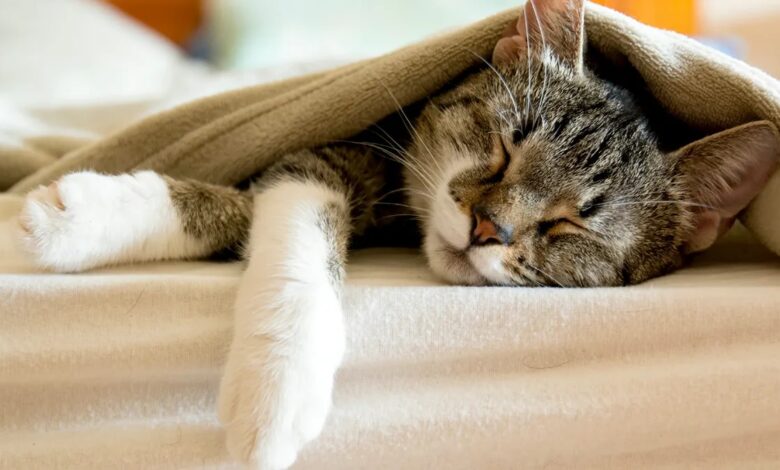My Cat Snores Often, Should I Be Concerned?

Any cat owner will attest that cats can exhibit peculiar behaviors at times. While owning a cat can present challenges, it can also be highly rewarding. There may be nothing quite like cozying up on the bed with your feline companion to enjoy a show on TV or a movie.
However, regardless of whether your cat is dozing next to you on the bed or peacefully snoozing in its crate, you may notice it producing peculiar sounds. Is it possible that your furry baby is snoring? Indeed, it is!
While rare snoring episodes shouldn’t be bothering, regular snores might indicate health issues like respiratory problems. If this has been a common thing, meet your vet for advice and assistance. At the same time, consider being equipped with cat insurance NZ so that providing medical care need not be a significant economic hassle during distressing health situations and medical emergencies.
Contemplate purchasing a cheap cat insurance policy in the least to assure your furball basic health benefits for covered illnesses. Meanwhile, read this article to learn when a cat’s snore should be concerning.
Why do kitties snore?
Kitties snore, like canine pets, although their snoring can be quieter than other animals. Also, it is worth noting that the intensity of snores can vary from one nap to another and from one furball to another. Some kitties snore loudly, while others may produce only faint snoring sounds.
Like humans, feline pets can snore due to dental issues, airway anatomical abnormalities, nasal congestion, polyps, allergies, respiratory infections, and breathing issues. Overweight cats are usually more prone to snoring, so seeking medical advice may be necessary.
Also, a cat sleeping in a specific position that restricts airflow can lead to temporary snoring. For example, a kitty sleeping on its back with its chin pressed against its chest can partially obstruct the airways and cause snoring. In such cases, simply changing the sleeping position may alleviate the snoring.
Particular cat breeds, for instance, those with flat faces or compressed facial structures, are more susceptible to snoring due to anatomical characteristics that can obstruct their airways. Cat breeds like the Himalayan, Persian, Exotic Shorthair, and British Shorthair have flatter faces and can be more vulnerable to breathing difficulties.
The narrow nostrils can restrict air flow, while the elongated soft palate can partially block the airway, leading to snoring. These structural differences can contribute to breathing issues, especially during sleep.
If your kitty cat belongs to flat-faced breeds or you suspect that your kitty’s snoring is related to its facial structure, then pay attention to its overall respiratory health. Regular veterinary check-ups are recommended to monitor breathing and address any potential issues early on.
In chronic cases, where the snoring or breathing problems significantly impact a furball’s quality of life, surgical interventions may be considered. These procedures can help alleviate the anatomical obstructions and enhance inhalation and exhalation.
However, it’s essential to consult a feline vet specialist to determine the best course of action for your munchkin’s specific health situation. At the same time, consider being prepared with cat insurance in NZ so that unplanned medical costs need not be financially burdening.
Contemplate cheap cat insurance at least so your furball can avail of quality medical care with minor economic hurdles during testing times of health.






